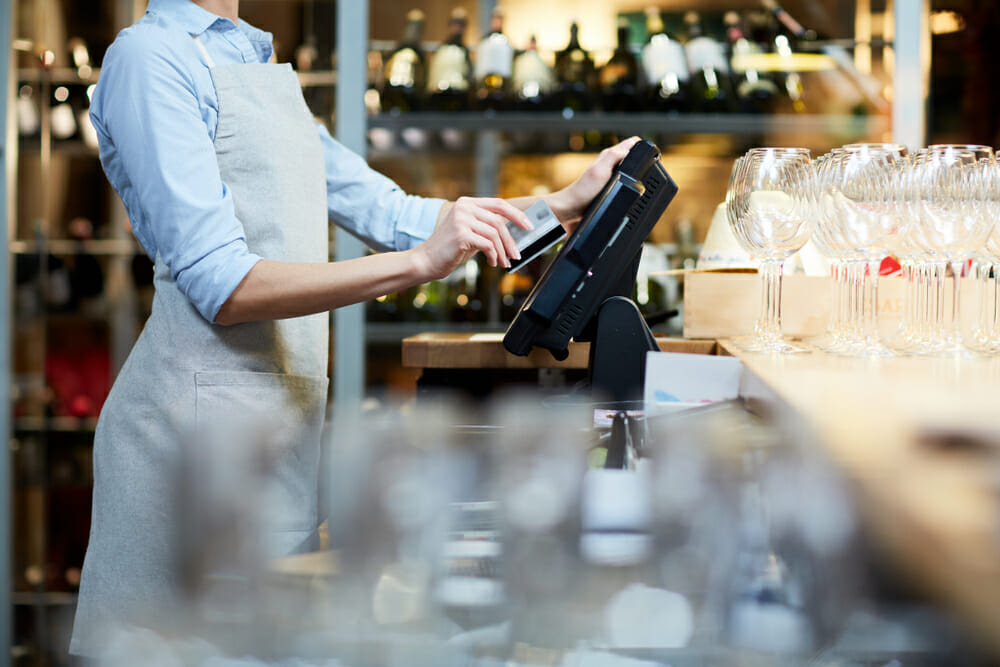
What Does a SMART Restaurant of the Future Look Like?
Technology is a crucial element in running a restaurant, from the cash register, to the kitchen, to taking reservations.
In a world surrounded by technology, innovators are constantly coming up with new solutions for every industry, including hospitality. The restaurant business has been entirely transformed by technology, which has made the management easier, more efficient and more profitable.
The next-generation customer is technologically savvy, connected and has the highest expectations yet. It is more important than ever for restaurants to stay ahead of the game and invest in the newest technology innovations in order to maintain a competitive edge. Simply having good food is often no longer enough to keep a restaurant in business. Customers want personal, effortless and engaging experiences from the initial booking, to the service throughout their meal, right through to when they get their bill.Technology has become the key ingredient for success in the modern food service industry. Successful restaurant brands are already capitalising on new technology, seizing the opportunity to interact with their customers and earn their loyalty. We can already see these technological innovations being implemented in bars, restaurants and take-aways through the use of apps, self-service machines and artificial intelligence.
So what digital solutions can be provided for the future of restaurants?
Research conducted by The Access Group found that 30% of operators spend three to four hours a week on office-based tasks. This means that operators are experiencing a lack of freedom to focus on delivering excellent customer experiences.
If every digital solution is provided by the same company however, operators can pull in data from different operational areas of their business – from people to stock management to procurement to property maintenance.
By investing in cloud-based management solutions for example, operators can effortlessly manage team members in real time and on the go. With insightful and real-time reporting covering all areas of your operations, you can quickly identify areas of focus for efficiency gains and cost control. Operators shouldn’t settle for anything less than a cloud-based solution that helps automate tasks and reduce administration across all business functions. Subsequently, this enables operators to prioritise more important tasks such as guest experience, while giving them the freedom to plan, schedule and manage external tasks with more efficiency.
The Access Group also found that 20% of all reservations in restaurants and pubs are no shows. By implementing automated reservation software, restaurants can drastically improve their booking management system. This solution integrates cloud-based tools including enquiry management, table management, comprehensive reporting and pre-ordering and payment functionality. From emails to SMS to mobile apps, automated reservation software provides a faster and more efficient method for customers by simplifying the customer communication process. This software can also offer valuable insights by enabling the restaurant to disclose expected wait times which enhances customer experience.
Hospitality costs hit a twelve year high in 2018, so it’s more important than ever for this sector to start implementing streamlined software. This can drive efficiency, improve profit margins, reduce administration time and provide exceptional guest experiences from beginning to end.
Smart restaurants are the restaurants of the future but what exactly does one look like? Take a look at Access Group’s interactive restaurant which reveals how digital solutions increase efficiency, speed and profit in restaurant businesses.
